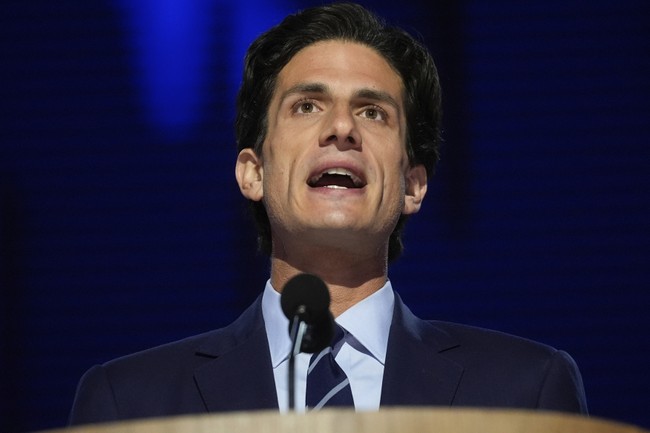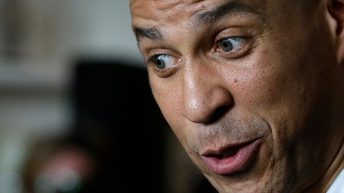Jack Schlossberg, grandson of President John F. Kennedy, announced a congressional run for New York this week, and his start has already drawn sharp criticism over past online antics, a thin résumé, and social media behavior that opponents say raises questions about his judgment and fitness for higher office.
Schlossberg’s campaign launch was announced with the line, “Jack here with an exciting update .. we are OFFICIALLY launching Jack for New York TOMORROW, November 12 !!” a campaign launch email read. “We’ve been working so hard over here and cannot wait to kick the campaign into high gear.” The timing comes as Democrats and Republicans recently clashed over government funding and as New York’s 12th District prepares for a race to replace Rep. Jerry Nadler, who is stepping down after decades in Congress.
Many conservative observers see Schlossberg’s candidacy as emblematic of Washington’s dynastic tilt, where family name still opens doors. At 32 years old, critics note his work history offers little in the way of sustained public-sector leadership or deep private-sector experience. That contrast between pedigree and resume is being used by opponents to argue voters deserve more than a familiar surname when picking a representative.
Online behavior is another major line of attack. Schlossberg has been portrayed in the press as a “Very Online Leftist” who enjoys provoking people on social platforms, sometimes at the expense of family members he disagrees with. Conservatives point out that social media provocation is not the same as the steady record of service many expect from someone running for Congress, and these episodes are being dredged up as evidence he lacks seriousness for elected office.
One controversy involved mocking Robert F. Kennedy Jr., now serving in the administration, and an incident where Schlossberg reportedly made fun of Kennedy’s spasmodic dysphonia. That clip, among others, prompted backlash and led to the temporary deletion of Schlossberg’s social accounts earlier this year. He returned to social media weeks later, a move critics framed as tone-deaf rather than contrite.
Worse for his campaign narrative, internet researchers found additional troubling content that had been removed, including a video described by some outlets as an imitation of a Nazi salute. The discovery reignited debates about how seriously to treat online pranks when they intersect with symbols of real-world evil. Opponents argue that even if intended as satire, such content shows poor judgment for someone seeking federal office.
On paper, Schlossberg’s education looks impressive: degrees from Harvard and Yale. But his professional timeline, as reported, includes short stints in roles such as a staff assistant at the State Department and a month as a political correspondent at a high-profile magazine. His longest listed position was a decade-long role tied to the John F. Kennedy Library Foundation, a post many observers say is the product of family connections rather than the crucible of public leadership.
That mix—elite schooling, a famous last name, and a patchwork work history—feeds a narrative Republicans are using: prestige without proven capability. In a city and district that can swing more liberal, that may not automatically disqualify a candidate, but for conservative voters and analysts it raises legitimate concerns about accountability, representation, and real-world experience translating into effective governance.
Campaign rivals, and a skeptical electorate, are likely to focus on three areas: Schlossberg’s temperament online, the brevity of several professional roles, and how he plans to move from social media notoriety to constituent service. Each of these points gives challengers clear openings to frame the race as a choice between legacy and demonstrated competence, not merely family folklore.
Observers also note the contrast between Schlossberg and the district’s recent representatives, who built long-term relationships and navigated the messy realities of constituent needs. Voters who prioritize on-the-ground problem solving may find a social-media-heavy profile unpersuasive, and conservative commentators are already emphasizing that point. This is a contest where reputation, resume, and messaging will collide hard.
Regardless of how the race unfolds, the early scrutiny shows a modern campaign environment where past online behavior and rapid media vetting can shape a candidacy before it reaches primary season. Republicans will use those openings to press voters on standards for public office, arguing that name recognition should not replace a record of steady, accountable public service. The coming months will determine whether Schlossberg can convert curiosity and celebrity into credibility among a skeptical electorate.





Add comment